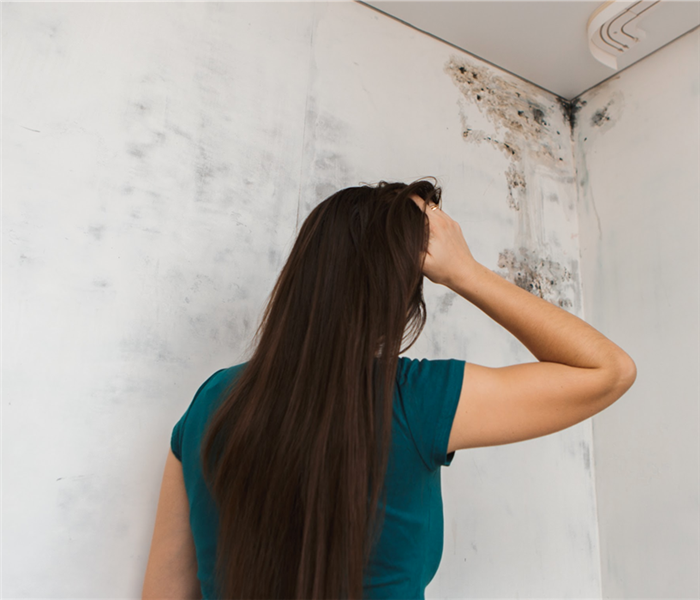Should You Sue Your Landlord for Mold Problems?
5/6/2020 (Permalink)
If you discover black mold in your building in Layhigh, OH, you will need to get it cleaned up as quickly as possible. Allowing it to sit can make the problem worse. Mold can be toxic, so try limiting your exposure while you wait for it to be removed. Sometimes mold can lurk in places that are not obvious, and your landlord may not be aware that there is a problem. Consequently, suing your landlord should not be your first choice. Instead, you could try informing them of the problem in writing. If your landlord is unresponsive to your request, or if you have experienced personal or property damage, you may need to file a lawsuit.
Why Would You File a Lawsuit?
If you are filing a claim for less than $10,000, you can usually file in small claims court. There are several common claims that are made for mold damage:
- Medical expenses
- Lost wages
- Loss of earning capacity
- Pain and suffering
- Damage to property
Mold can overtake porous materials, leading to damaged items. Mold remediation experts are able to restore many types of items, including documents and photographs.
What Are the Landlord's Responsibilities?
By law, a landlord is required to keep a building in a habitable condition. That means that they must provide a reasonably safe and healthy environment that is free from major defects. Since black mold carries the risk of toxicity, it is something the landlord must remedy when it is due to something faulty within the building. They would likely be responsible for fixing leaky plumbing or ventilation and cleaning the resulting mold. However, if mold has formed due to some mistake of your own, you may be responsible for the cleanup.
Black mold is a serious issue that needs immediate attention to avoid long-term consequences. By working with your landlord and a mold remediation company, you can quickly restore your property and return to normal.




 24/7 Emergency Service
24/7 Emergency Service
